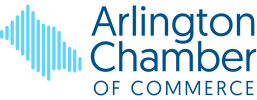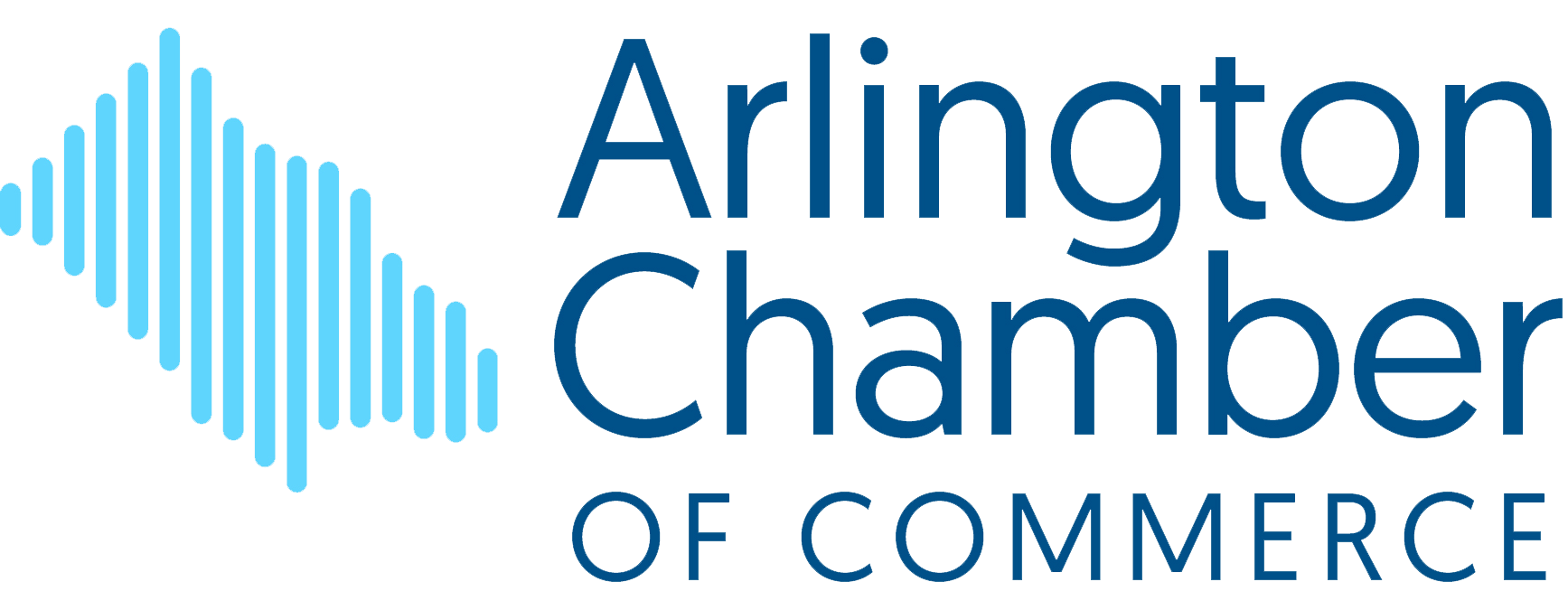
Cultural equity is consistently cited as a major problem in the arts and theater industry. The recent “Black Lives Matter” protests and calls for theaters to put their “statements of support” into action has focused even more light on this issue. A major impediment to achieving more diversity in the arts and culture industry is that while all agree that concrete changes must be made, there has been a lack of insight into how and what these changes should entail to garner results. Embracing Arlington Arts wants to fill that gap.
The project begins this fall with the October 6 airing of a multi-episode podcast series on diversity. Black, indigenous and people of color (BIPOC) leaders will be asked their thoughts on the most important changes needed in the arts industry to make it more equitable. Equity, Diversity and Inclusion (EDI) experts will then provide concrete action items using case studies, tools, leadership initiatives, etc. to help arts organizations achieve more diversity and based on the changes needed cited by the BIPOC leaders. (This series would be an addition to our “Arts/Theater Management Education Series”.)
The arts and culture industry is currently enduring multiple challenges from the pandemic and shutdown to calls for major action on the diversity front to increased anxiety about their ability to raise funds and earned revenue to the critical need for sexual harassment policies. Their ability to conquer all these challenges and survive this storm will require outside assistance. This is why this Diversity and Cultural Equity podcast series by Embracing Arlington Arts is so critical. With drastically reduced staffs and resources, arts and culture organizations in Arlington do not necessarily have the wherewithal to research options, hire consultants and develop a plan based on tested and effective tools and best practices to make progress on the equity front. We hope this series helps.
While our goal is not to develop the “perfect plan”, we are striving to have several options on the table so that arts organizations can choose the one(s) that best fit their needs to achieve better diversity on stage, in the Board rooms and in the audience. Together, we CAN make a difference on the diversity and cultural equity front.


 RSS Feed
RSS Feed
